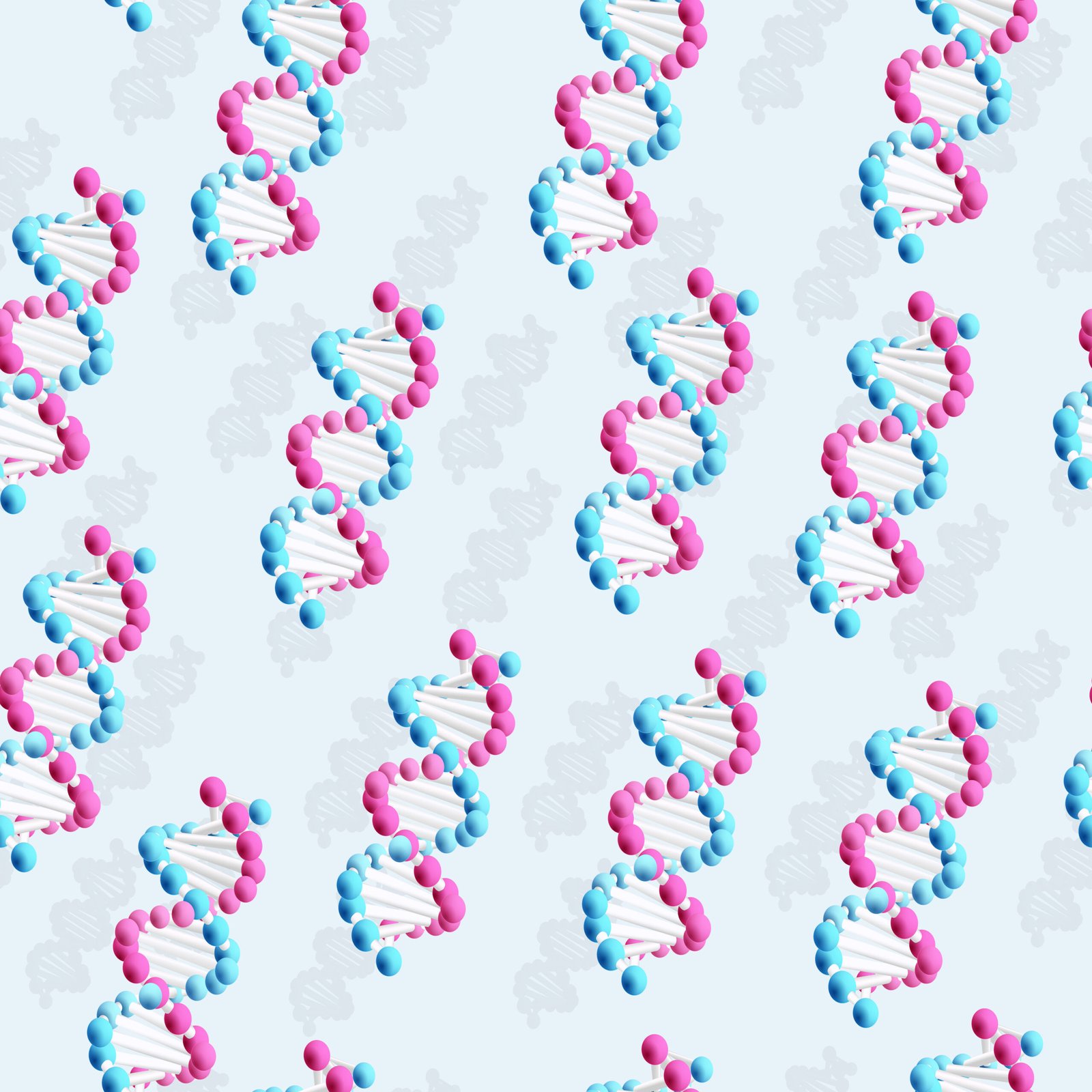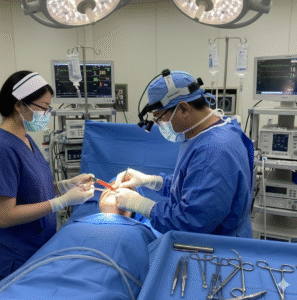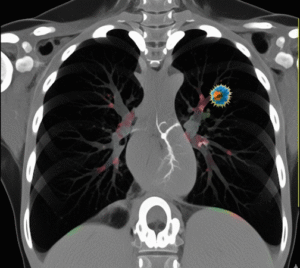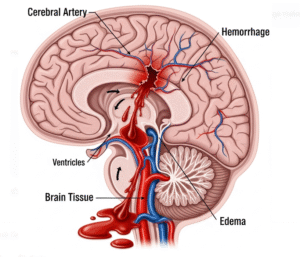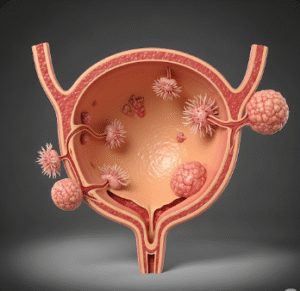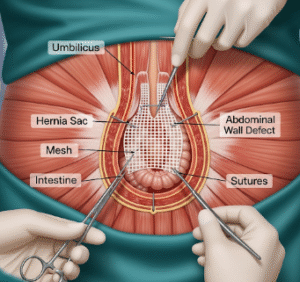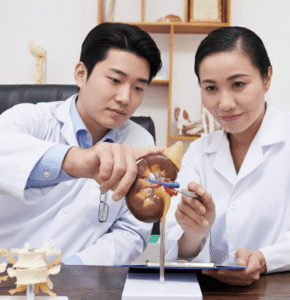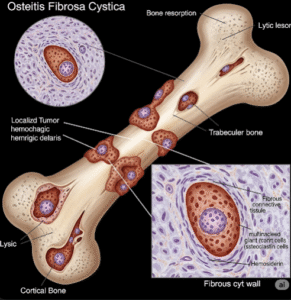Overview
Aneuploidy refers to an abnormal number of chromosomes in a cell. Normally, human cells contain 46 chromosomes (23 pairs), but in aneuploidy, there is either an extra chromosome (trisomy) or a missing one (monosomy). This chromosomal irregularity can lead to various developmental and health issues, ranging from miscarriage to lifelong conditions such as Down syndrome.
What is Aneuploidy?
Aneuploidy is a genetic condition where an organism has one or more chromosomes above or below the normal count. It occurs due to errors in cell division, especially during the formation of eggs or sperm (meiosis). It is a leading cause of pregnancy loss and congenital disorders.
The most common forms of aneuploidy include:
- Trisomy 21 (Down syndrome)
- Trisomy 18 (Edwards syndrome)
- Trisomy 13 (Patau syndrome)
- Monosomy X (Turner syndrome)
- Klinefelter syndrome (XXY pattern in males)
Symptoms
Symptoms depend on the specific type of aneuploidy:
Trisomy 21 (Down syndrome):
- Intellectual disability
- Flattened facial features
- Low muscle tone (hypotonia)
- Congenital heart defects
Trisomy 18 or 13:
- Severe developmental delays
- Heart and organ malformations
- Shortened lifespan
Turner syndrome:
- Short stature
- Infertility
- Webbed neck
- Heart or kidney abnormalities
Klinefelter syndrome:
- Taller than average stature
- Low testosterone
- Infertility
- Learning difficulties
Causes
Aneuploidy is caused by a process called nondisjunction, where chromosomes fail to separate properly during cell division. This can occur in:
- Meiosis: leading to affected sperm or egg cells
- Mitosis: in early embryo development, leading to mosaicism
Key contributing factors include:
- Advanced maternal age
- Genetic predispositions
- Environmental or unknown factors during cell division
Risk Factors
- Maternal age over 35: Higher risk of chromosomal nondisjunction
- Family history: Rare but possible, especially in cases of translocations
- Previous child with chromosomal abnormality
- Certain fertility treatments
Complications
- Miscarriage: Many aneuploid pregnancies do not survive past the first trimester
- Stillbirth
- Severe intellectual and physical disabilities
- Organ malformations
- Infertility
- Increased cancer risk (in some aneuploid syndromes)
Prevention
While aneuploidy cannot always be prevented, certain steps may reduce risk:
- Preconception counseling for older mothers or couples with genetic history
- Prenatal testing:
- Non-invasive prenatal testing (NIPT)
- Chorionic villus sampling (CVS)
- Amniocentesis
- Healthy pregnancy planning
- Avoiding environmental toxins
Treatment Options in Korea
South Korea offers advanced reproductive genetics and prenatal diagnostics for detecting and managing aneuploidy.
1. Genetic Counseling
- Available at major hospitals and fertility clinics
- Helps families understand risks and reproductive options
- Preimplantation Genetic Testing (PGT) can be used during IVF
2. Prenatal Testing
- Non-invasive Prenatal Testing (NIPT) for high-risk pregnancies
- CVS and amniocentesis for definitive chromosomal diagnosis
- Widely available at:
- Samsung Medical Center
- Severance Hospital
- CHA Fertility Center
- Seoul National University Hospital
3. Fertility Treatments with Genetic Screening
- In Vitro Fertilization (IVF) with Preimplantation Genetic Testing for Aneuploidy (PGT-A)
- Prevents transfer of embryos with chromosomal abnormalities
- Offered by leading fertility centers in Seoul and Busan
4. Pediatric Care and Support
- Early intervention programs for children born with conditions like Down syndrome
- Developmental therapy, speech therapy, and specialized education
- Centers available in:
- National Health Insurance Service Ilsan Hospital
- Asan Medical Center Pediatric Genetics

